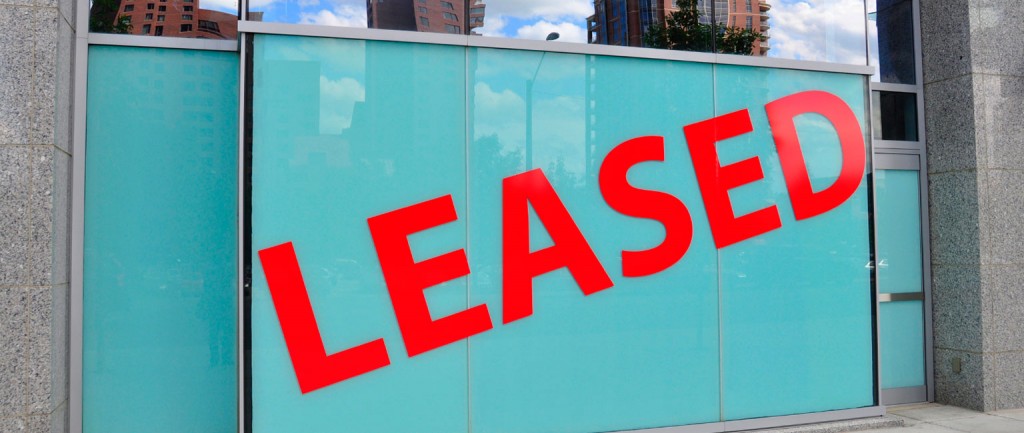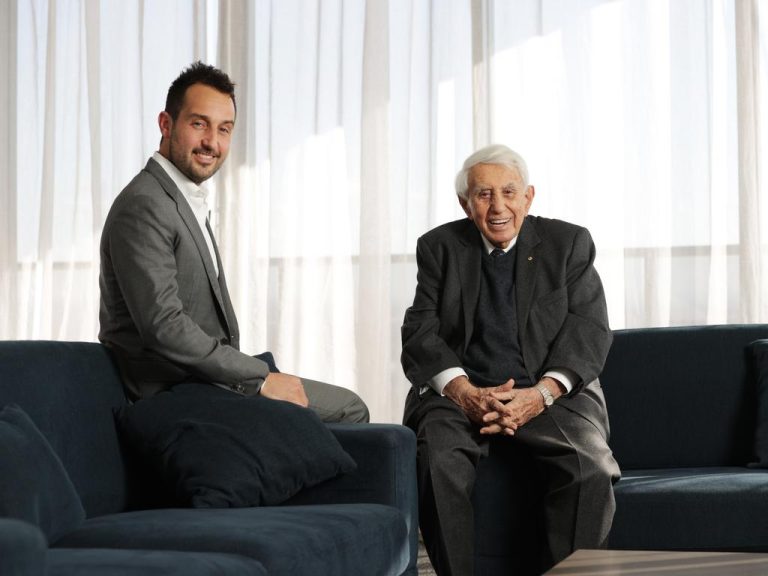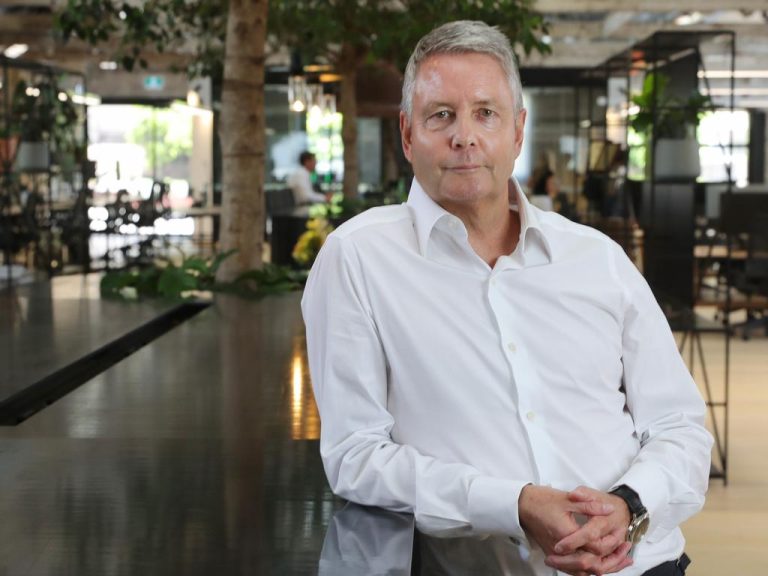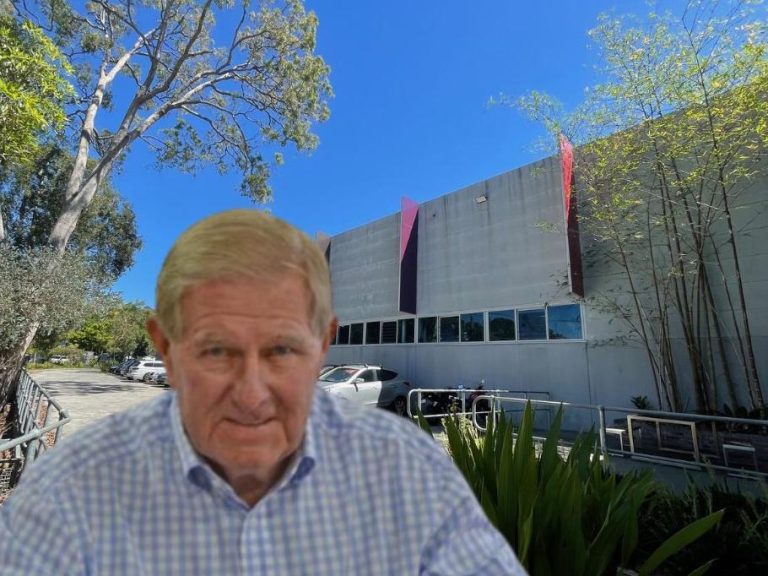Business confidence at 1-year high: what does it mean for commercial property?

A new air of optimism among Australian businesses is good news for the nation’s commercial property sector, with experts tipping expansions, investments and new life in the leasing market.
Dun & Bradstreet’s Business Expectations Survey shows 68% of businesses are more optimistic about growth this year compared with last year – with higher expectations for sales, profits, selling prices, investment and employment in 2014.
It also shows almost one in five businesses plan to access new finance in the first quarter of the year, 13% plan to increase capital investment, 7% plan to cut staff and 15% intend to take on more staff.
Commercial property experts say the optimism is good news for their sector and comes on the back of a lift in confidence after last year’s change of federal government.
CBRE Victorian Senior Managing Director Matt Haddon expects it to have a positive affect, especially on the leasing market.
“I think there is renewed business confidence and quite often you see that after an election,” he says.
“We saw, really, the 12 or 18 months leading up to election was really quiet in leasing markets, mainly industrial and commercial leasing markets. Vacancies a little higher than usual and incentives for tenants very high.”
But Haddon says since the election, business confidence has increased and so too have leasing inquiries.
“I expect that inquiry will relate to a lot more leasing deals in 2014, which will mean probably incentives will drop off a bit,” he says.
“A good strategy for tenants … get in early and do the deals early in 2014 to probably get the best of the incentives because I expect that as vacancies drop, those incentives will dry off a little bit.”
Raine and Horne Commercial Brisbane North Director Trent Bruce is expecting confidence to lead to more action in the market, with businesses more likely to upgrade or expand.
“It means that, generally, there will be more activity and more people with the confidence to do things,” says
Bruce says confidence in the market started improving last year, when low interest rates and sharemarket volatility made “bricks and mortar” a more appealing investment.
“I am not saying (confidence) is back 100% but it’s improving,” he says.

Source: Dun & Bradstreet
Dun & Bradstreet Director of Corporate Affairs Danielle Woods says the economy has found its feet after a weak and irregular 2013.
“With companies looking ahead with optimism, forecasting strong sales and profits, and most recently showing a willingness and capacity to borrow money to grow their operations, the signs are positive for the New Year,” Woods says.
“In particular, the increases in hiring and capital investment intentions indicate that businesses are preparing for a year of stronger growth and business activity.”
Dun & Bradstreet Economic Adviser Stephen Koukoulas says the only potential cloud on the horizon is a lift in prices that could come from stronger business conditions.
“A stronger economy is no doubt allowing firms to move their prices higher, but we are also seeing the impact on inflation from the recent weakness of the Australian dollar,” he says.
“This is likely to cause the Reserve Bank some concern, and is a fundamental factor why we are likely to see a series of interest rate rises during 2014.”







